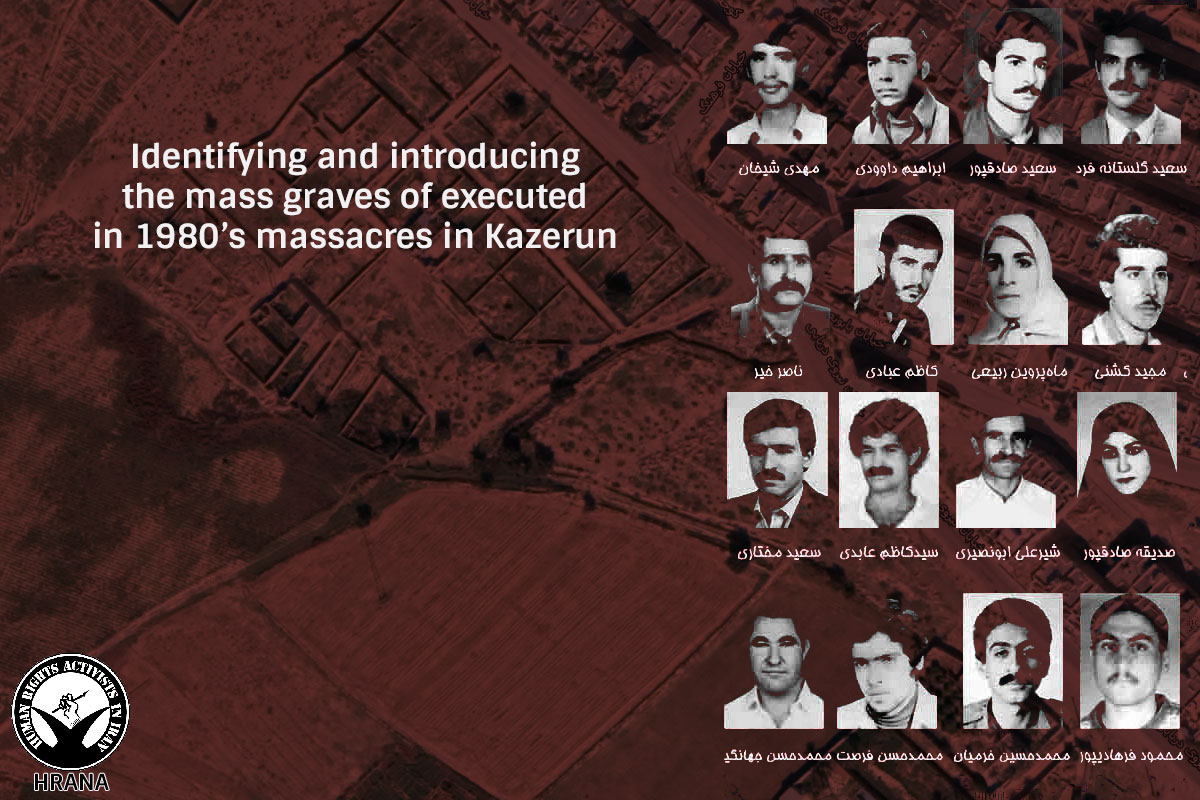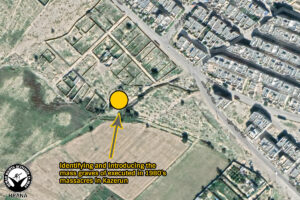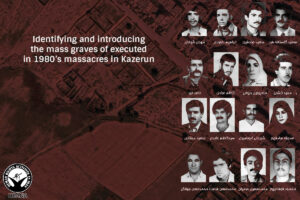In the morning of July 21, 2019, a prisoner was executed in Kashan prison. The deputy prosecutor of the Revolutionary Court of Kashan, Rouhollah Dehghani, stated that in October 2018, the prisoner was fatally stabbed victim in a fight. After his arrest, he confessed to murder and having a relationship with the victim’s wife. The victim’s family requested death penalty for him and their daughter-in-law. He was sentenced to death by the court and the appeals court acknowledge it. After several meetings with the victim’s family, they refused to forgive. The victim’s wife was also sentenced to 25 years on the charge of ‘cooperated homicide’.”
In addition, in the morning of July 23, 2019, two female prisoners, Nazdar Vatankhah and Arasteh Rnjbar, who were sentenced to death earlier were executed in Urmia prison. They were transferred to the solidarity confinement a day before. They were granted one-month time to get the consent of the family of the victim but were unsuccessful. They were executed on Tuesday. Ranjbar was charged with murdering her husband and Vatankhah, Ranjbar’s sister-in-law, was charged with “cooperate homicide”. They had spent the last 15 years in prison prior to their execution. Ranjbar’s brother, Asghar Ranjbar, was executed in Urmia prison on a drug-related felony in 2017.
Finally, On July 24, 2019, at least two prisoners were transferred to solidarity confinement cells in Urmia prison to prepare for execution on the charge of murder. One of them was identified as Shahin Gholami. If they fail to get the victims’ family’s consent, they will be executed in few days.
According to the international organizations, Iran ranks first in the world in executions per capita. Based on 256 reports that have been registered by the Department of Statistics and Publication of Human Rights Activists Association in Iran, 195 death sentences and 236 people with death sentences were executed (including 13 executions in public) in Iran between January 1, 2018 and December 20, 2018. Six of them were juvenile offenders who were under the age of 18 at the time of committing the crime.
Secret executions of prisoners reported by the independent sources and the human rights association indicate that 72% of executions are carried out in secret or without any public notice.





 According to HRANA, Iran’s Human Rights Activist News Agency, during 1980’s, especially between 1981-1988, thousands of political prisoners were illegally executed and buried in unmarked locations. The struggle to identify these places is important for documenting Human Rights violations and crimes against humanity in Iran. Earlier, HRANA published reports about several mass graves in Bandar-e Gaz and Ahvaz. This report, which was prepared based on field research and witnesses interviews, focuses on the mass grave of political prisoners found in Kazerun city, in Fars province.
According to HRANA, Iran’s Human Rights Activist News Agency, during 1980’s, especially between 1981-1988, thousands of political prisoners were illegally executed and buried in unmarked locations. The struggle to identify these places is important for documenting Human Rights violations and crimes against humanity in Iran. Earlier, HRANA published reports about several mass graves in Bandar-e Gaz and Ahvaz. This report, which was prepared based on field research and witnesses interviews, focuses on the mass grave of political prisoners found in Kazerun city, in Fars province.



